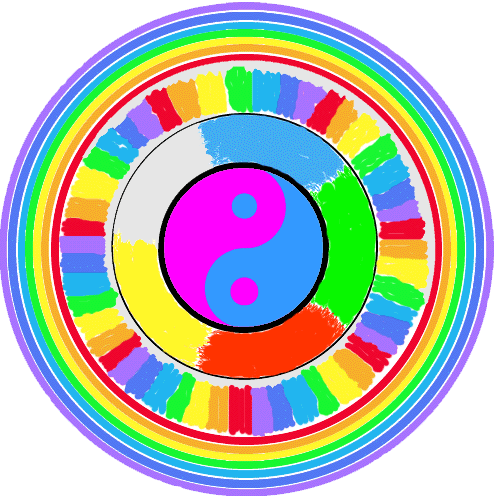
The Feminist Questioning and Envisioning Process
created by:
Aliya Khalidi & Seema Gokhale
|
|
The Feminist Questioning and Envisioning Processcreated by: Aliya Khalidi & Seema Gokhale |
|
Glossary 19th Amendment: amendment to the United States Constitution granting women the right to vote. It was ratified on August 18, 1920. Betty Friedan: Betty Naomi Goldstein Friedan, born February 4, 1921, was an American feminist, social activist, and writer. The book she is famous for is The Feminine Mystique, which was central to the Second Wave feminism of the 1960s. First Wave Feminism: the movement for women's rights in the nineteenth centory and early twentieth century in the United States. The primary struggle during this period was the fight for women's suffrage. This term was not used during the time of the actual movement, rather it was coined retroactively once second wave feminism began. Cultural Imperialism: where one culture (usually Western) imposes its views on another country. Equal Rights Amendment: proposed amendment which states that "equality of rights under the law shall not be denied or abridged by the United States or by any State on account of sex." This amendment was passed by Congress and was proposed to the states in 1972. It failed to be ratified by enough states in time for its 1982 deadline. Second Wave Feminism: refers to the feminist period of the 1960s and 1970s in the United States and was concerned with independence and sought greater political action to improve women's rights. National Organization for Women (NOW): an American feminist group founded on June 30, 1966 in Washington, D.C. by women attending the Third National Conference of the Commission on the Status of Women. Among the 28 founders were Betty Friedan, author of The Feminine Mystique (1963), who became NOW's first president, and Rev. Pauli Murray, the first African-American woman Episcopal priest. Molly Yard was president from 1987 to 1991. Suffragist: a person who belongs/belonged to any social, economic and political reform movement aimed at extending suffrage — the right to vote — to women. The suffrage movement was led by Suffragists; this was a term usually given to those who sought to create change constitutionally. "The Problem that has no name": problem first defined by Betty Friedan in her book The Feminine Mystique that American women are kept from growing and achieving to their full potential as human beings
|
|||||||||||
(c) 2006 Aliya Khalidi. Seema Gokhale
Last modified: May 21, 2006